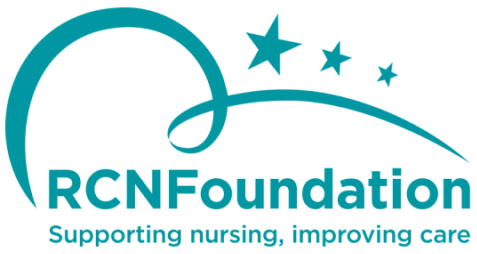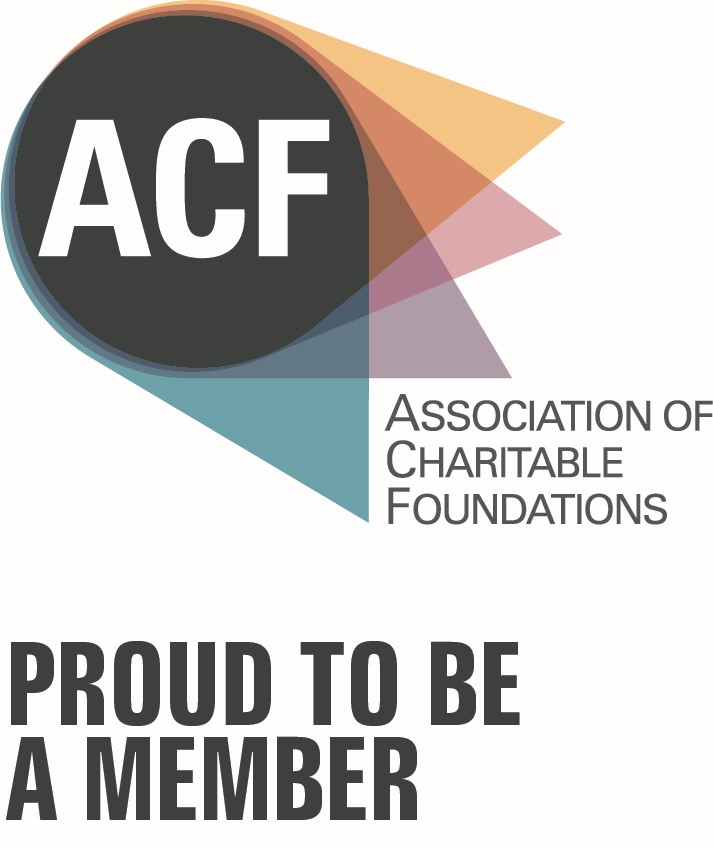Hardship support: tax relief
5 ways to save money
PayPlan often advises nurses, midwives and health care support workers on tax relief entitlements that they could be entitled to. Which ones might apply to your current situation?
1. Tax relief for working at home
If you need to work from home regularly, for either all or some of the week, you may be able to claim tax relief for the additional costs you accrue through working from home. This includes if you had to work from home because of the pandemic.
If you have chosen to work from home though, bear in mind you aren’t eligible to receive this form of tax relief.
To give you an idea of what this covers, you can claim tax relief for gas, electricity, water, business phone calls and internet access, where these have been used to carry out your role. It’s important to note that you can’t claim for the whole bill.
The standard basic tax rate works out at £6 per week (dating back to April 2020). The figure before this date is £4 per week. If your costs are higher than this weekly amount, it is possible to claim the exact amount, but in order to claim this, you’ll need to provide evidence in the form of receipts, bills or contracts.
If you claim the standard £6 per week back, you will actually receive £1.20 (20% of the £6), which works out at £62.40 a year. Check if working from home tax relief applies to you.
2. Tax relief on uniform and work clothing
If you are required to clean, repair or replace specialist clothing – such as a work uniform or scrubs – you may be entitled to claim tax relief on the costs.
You can also claim additional tax relief if your employer doesn’t provide a laundering service. Please note, if they provide one that you choose not to use and instead you choose to wash your uniform at home, you aren’t eligible for this part of the tax relief.
You can’t claim on the initial costs of clothing for work, but replacements, repairs and cleaning you can claim for. The PPE required to carry out your role safely should be provided by your employer. In the instance that you had to buy this yourself, your employer should then reimburse you.
To claim the entire amount you’ve spent, you’ll need to provide receipts as evidence. Alternatively, it might be that you receive what’s known as the ‘flat rate expense’, which allows you to claim tax relief for a standard amount (a ‘flat rate’) each tax year.
If you make a flat rate expenses claim, you do not need to keep a record of what you have spent, or any receipts.
The amount you can claim depends on your job and the industry you work in. If you’re a nurse, midwife or healthcare assistant, for example, you may be entitled to £125 annually for your clothing, with an additional £12 for shoes and £6 for tights and stockings, if you’re required to wear a certain colour or style. Find out if you are eligible for this tax relief here.
3. Tax relief for professional fees and subscriptions
If your role requires you to pay for professional membership fees or annual subscriptions to approved professional bodies or learned societies, you may be entitled to additional tax relief for these costs. Check if you’re eligible here.
4. Marriage Allowance
Marriage Allowance allows married couples to transfer up to £1,260 of their personal allowance to their husband, wife or civil partner.
To be eligible for Marriage Allowance, one person must be paying no Income Tax and their spouse must be paying basic rate Income Tax. This then reduces the amount of Income Tax that the higher taxpayer must pay, and their spouse – who wasn’t paying Income Tax before – will start to pay Income Tax if they have earnings.
As a couple, it results in you paying less overall, as the lower earner pays less Income Tax than the higher earner. See if the Marriage Allowance applies in your case.
5. A tip for claiming any tax relief
When you apply for tax relief, you should be able to backdate the claim for up to four tax years. If you‘re successful in backdating your claim, you’ll receive a rebate.
There are many companies out there who offer to fill out the required claim forms, but bear in mind that the majority will charge you for this, so if you can do this yourself, it’ll save you some money.







